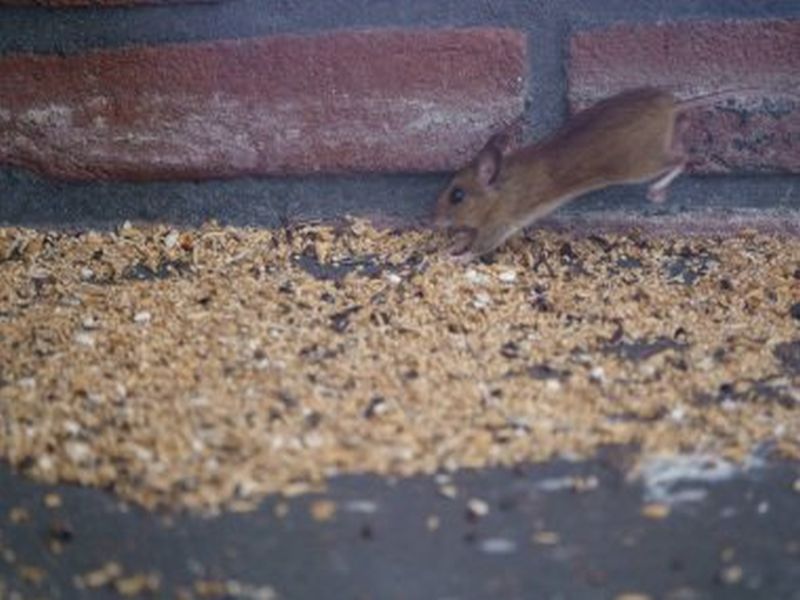Agritourism, the practice of hosting visitors on a working farm or ranch, has become increasingly popular in recent years. Not only does it provide an opportunity for people to experience the agricultural lifestyle and learn about farming and ranching, but it also serves as an additional source of income for farmers. However, with this rise in agritourism comes the potential for pest infestations that can harm crops, livestock, and ultimately affect the success of this business venture.
Pests are a natural part of any agricultural environment and their presence is inevitable. But when left unchecked, they can cause significant damage to crops and livestock which can be detrimental to any agritourism operation. This is why implementing safe pest control methods is crucial for maintaining a successful agritourism business.
One safe pest control method that is gaining popularity in the agriculture industry is integrated pest management (IPM). IPM involves using multiple strategies to manage pests while minimizing their impact on human health and the surrounding environment. These strategies include cultural practices such as crop rotation and using resistant crop varieties, physical barriers like traps or nets, biological controls such as natural predators or pathogens, and lastly chemical pesticides but only when necessary as a https://www.wordofmouth.com.au/reviews/safe-pest-control-neutral-bay-nsw last resort.
Another emerging trend in safe pest control for agritourism is utilizing modern technology such as drones equipped with thermal imaging cameras to identify areas on farmland where pests may be congregating. Knowing this information helps farmers target specific areas with pesticide application rather than treating entire fields which reduces both cost and environmental impact.
For many guests visiting an agritourism operation, being able to witness traditional farming techniques without exposure to harmful chemicals can add value to their experience. For example, some farms offer hands-on opportunities such as picking fruits or vegetables directly from plants which allow guests not just learn about sustainable practices but also connect with food at its source while enjoying farm-fresh produce free from toxic chemical residues.
Besides implementing safe pest control methods, farmers can also adopt preventative measures to minimize the risk of pest infestations in the first place. This includes proper sanitation practices such as regularly removing crop debris and controlling weeds that harbor pests. Additionally, maintaining healthy soil and diversifying crops can help create a more resilient growing environment, making it less attractive to pests.
In agritourism operations where livestock is present, safety is also a top priority. Flies and mosquitoes are not only annoying for guests but can cause serious health issues for animals. Using natural repellents like essential oils or setting up fly traps made with non-toxic materials can effectively control these pests without harming visitors or livestock.
Ultimately, safe pest control for agritourism goes hand in hand with sustainable farming practices. By using environmentally-friendly methods, farmers not only protect their crops and animals but also safeguard the beauty of the land for future generations to enjoy.
In conclusion, pests are an inevitable part of agricultural life but they do not have to disrupt the success of an agritourism operation. Implementing safe pest control strategies such as IPM, utilizing modern technology, practicing good sanitation habits and promoting sustainable farming practices can help keep these unwanted guests at bay while preserving the integrity of this budding industry.




